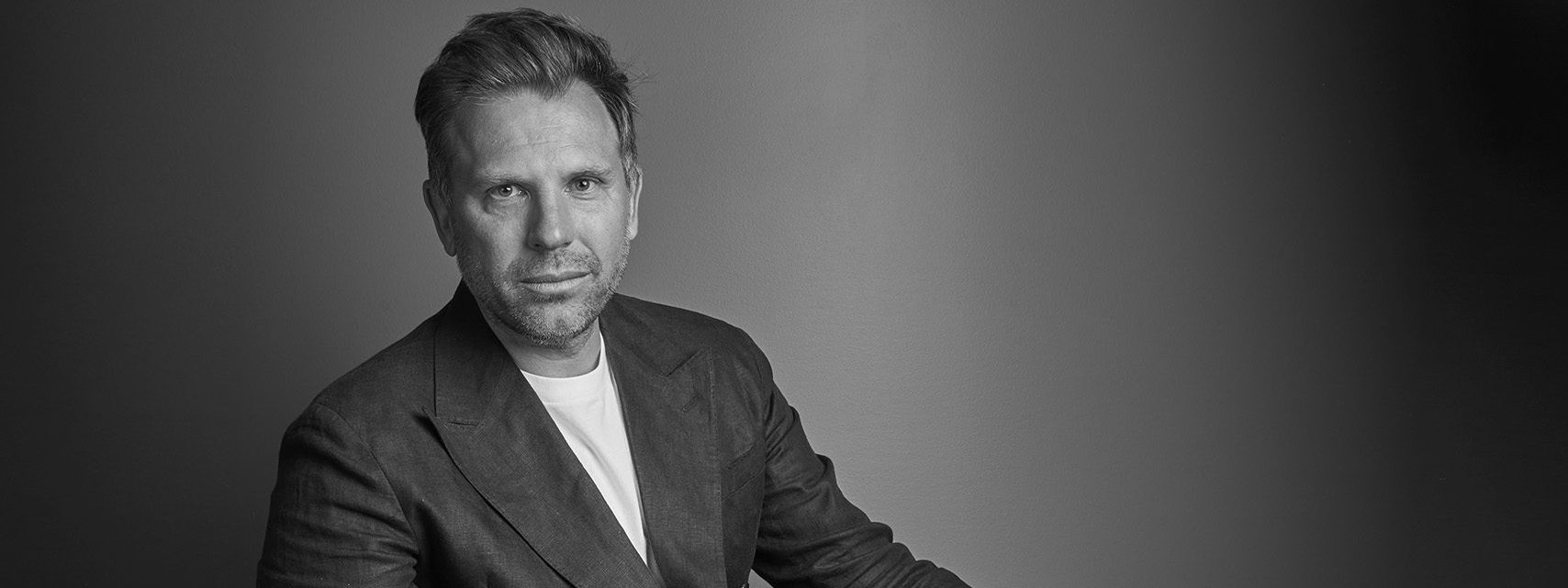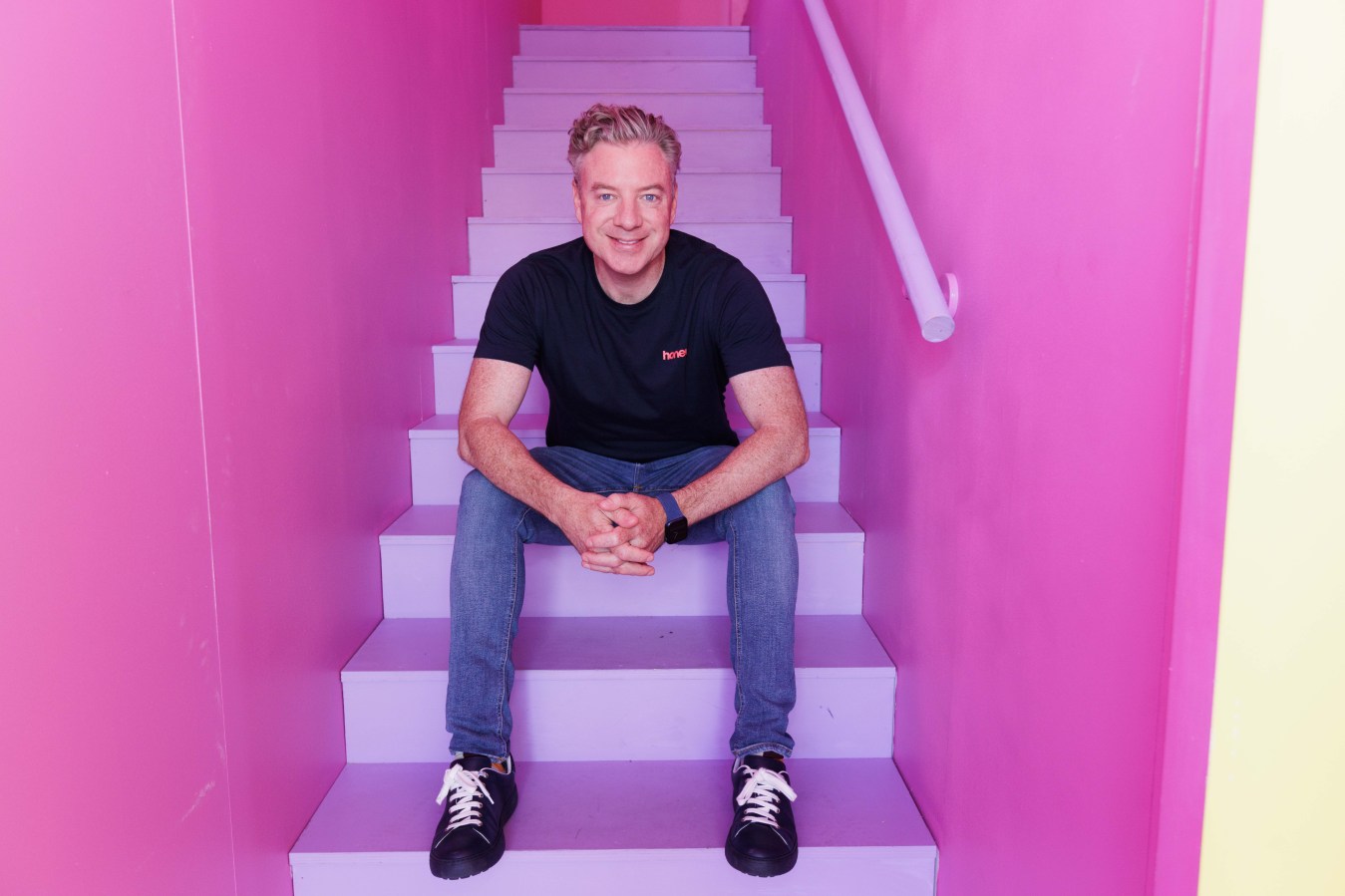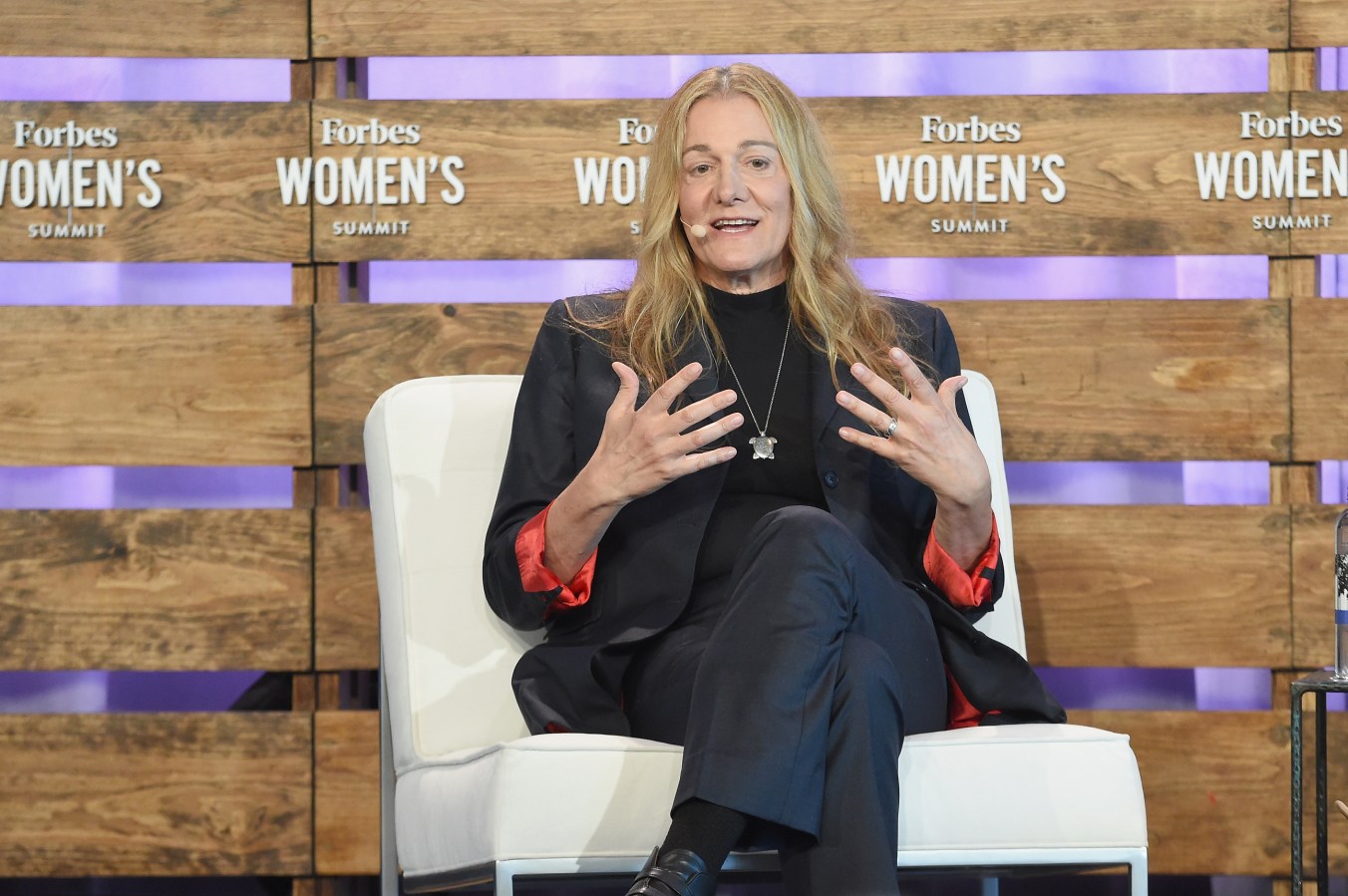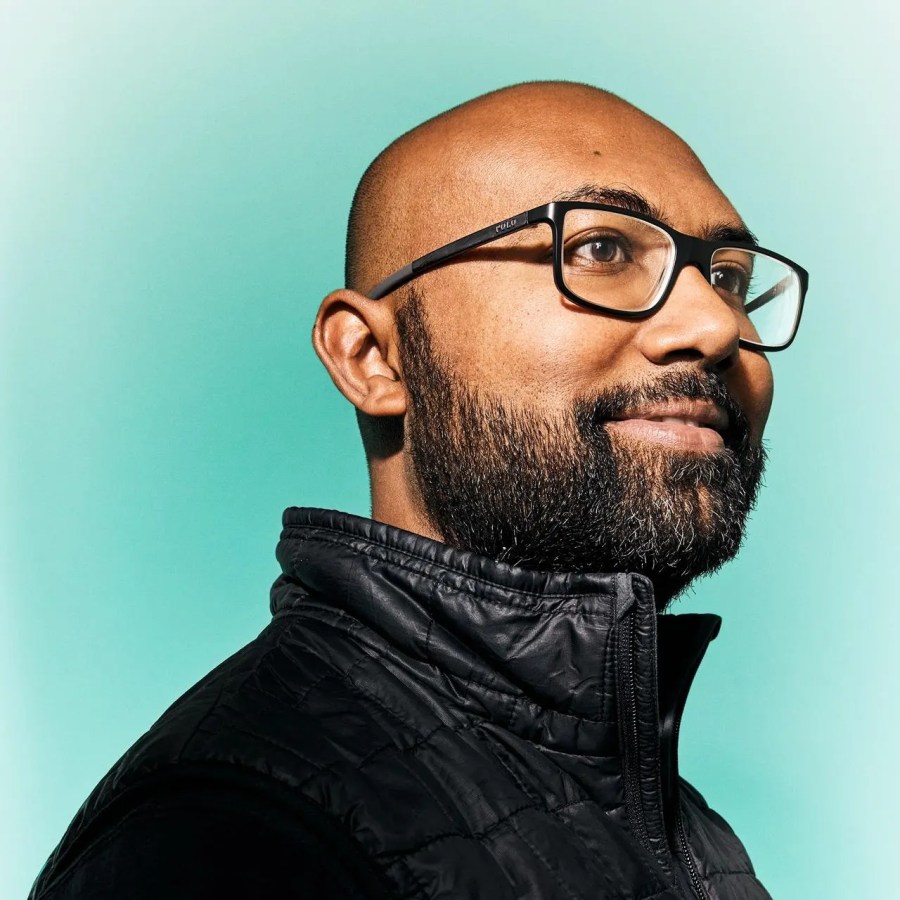Software company ReadyTech was bootstrapped for its first five years by backpacker co-founder, Marc Washbourne. Today, the ASX-listed company with a market cap of $350 million employs 500 people around the globe. Washbourne explains how those tough early years primed the business for success.
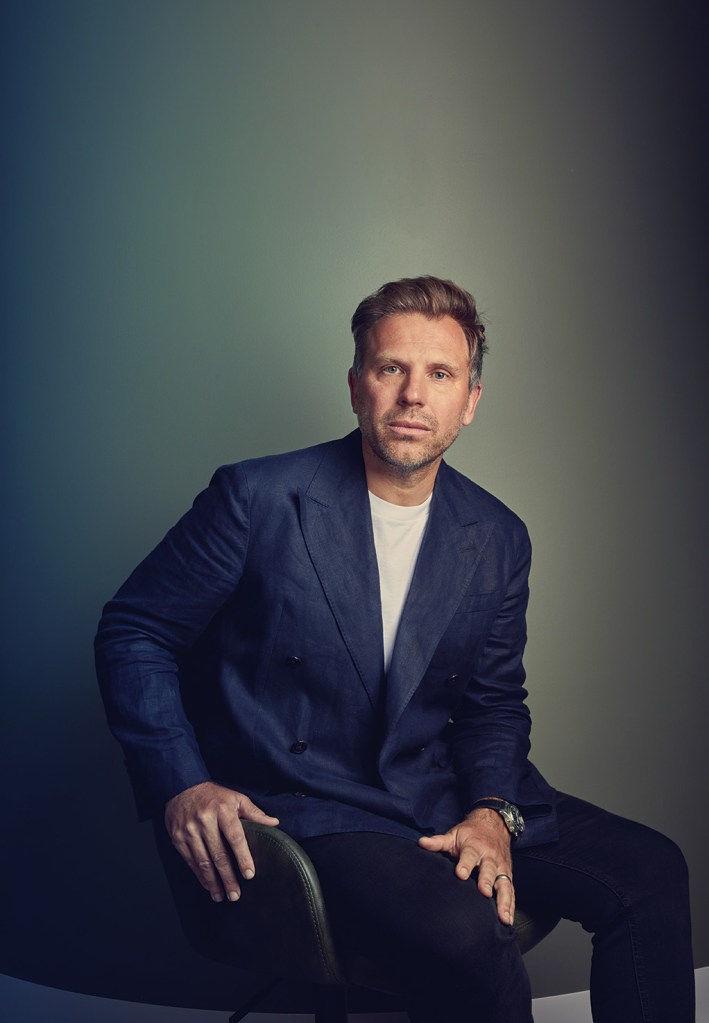
Marc Washbourne was a twenty-something history graduate and self-taught software developer when he flew into Sydney in 1999. “I was a flashpacker with a working holiday visa,” he says. “I intended to work and travel for six months and then return to the UK.”
However, Washbourne attended a tech networking event a couple of weeks after he arrived, and his plans went out the window. He met another self-taught software developer, Ken Shepherd, and the two had an instant rapport. They formed a company called ReadyTech and built a software product for job seekers that was soon popular with employers. The co-founders began looking for other software markets and expanded into student management systems.
“Ken Shepherd was a generation older than me, and he was my mentor,” says Washbourne. “But he also gave me a huge amount of space. He handed over the reins to me very early. I was still in my twenties when I was running the company.”
ReadyTech’s customer base grew fast, but Washbourne was under pressure, and he had a team of only five. In the early noughties, Australia’s venture capital market was underdeveloped, and capital was scarce for tech companies.
“We were self-funded, so we had to be profitable from day one,” he says. “We bootstrapped the company for five years before we crossed the chasm and achieved scale. It was tough. What got us through was dogged determination and the patience that came from having a long-term view.”
It would be rare now for a startup not to have a capital raise – and for a good reason, says Washbourne, as it helps a business grow more readily. However, he believes the experience was invaluable.
“There’s also a lot to be said about being disciplined. Avoiding wastage is still in the DNA of the company.”
Marc Washbourne
“We think carefully about how we invest and allocate capital. I believe that great companies are built on constraints because you have to be creative in your thinking.”
In the beginning, ReadyTech would post CDs containing its software to clients. The early adoption of cloud-based technology and software-as-a-service (SaaS) has been critical to the company’s success, says Washbourne, because it enabled it to scale.
It also, he claims, provides a vastly improved end-user experience that gives its customers a competitive edge – but digital transformation is a major undertaking. Today, ReadyTech provides SaaS for the education, workforce management, government and justice sectors.
Going public
In 2019, ReadyTech began to accelerate its growth with acquisitions. Access to capital became critical, and a decision was made to list it on the ASX. Before the float, long-time shareholder Pemba Capital Partners took a 32.01% holding.
Washbourne says the decision to go public was also related to the effect listing has on a company’s profile. “We look after highly critical software for our customers,” says Washbourne. “It takes an enormous amount of trust, and we’re a challenger brand coming through. I believe our listed status helps customers understand that we’re transparent and stable.”
Washbourne says he leads the company in much the same way as he did before, although more discipline is required to fulfil the onerous reporting and governance requirements.
“As an outward-facing company, it is important to do what you say you’re going to do. Building trust and credibility with shareholders and investors is critical. I’m proud of how we’ve managed that so far.”
The morning at the stock exchange was a career highlight for Washbourne.
“There’s something special about ringing the bell at the ASX. It symbolises how far you’ve come as a company. But the day after, it was back to work and back to day zero. That’s the culture of the company.”
Marc Washbourne, ReadyTech CEO
In 2020, Washbourne was invited to join the board of the government-funded Digital Skills Organisation, which works to simplify the digital skills learning sector so that it meets the needs of employers. Other board members include senior executives from Atlassian, Microsoft and Cochlear.
“Everyone on the board passionately believes that we need better career pathways into digital and new thinking about how we digitally upskill the workforce,” says Washbourne. “If we can do that well, it will ensure that Australia remains highly competitive in the future.”
Acquisitions & accelerated growth
In December 2022, ReadyTech acquired software provider IT Vision for $23.1 million. This gave it an extra 190 local government customers and the ability to offer the most comprehensive enterprise SaaS solution, with better collaboration across departments, streamlined workflows and optimised systems.
ReadyTech saw revenue increase by 34.1% to $47.9 million in the first half of the 2022-23 financial year. It also locked in five new major contracts, which included Auckland Council and UNSW Global. Its anticipated annual revenue for the financial year ending June 2023 is $100 million.
ReadyTech has 500 staff in its offices in Sydney, Melbourne, Perth, Adelaide and New Zealand. Its Sydney staff have just moved into a new office in the central business district. Washbourne has moved his collection of vintage arcade games in there as well for staff to play.
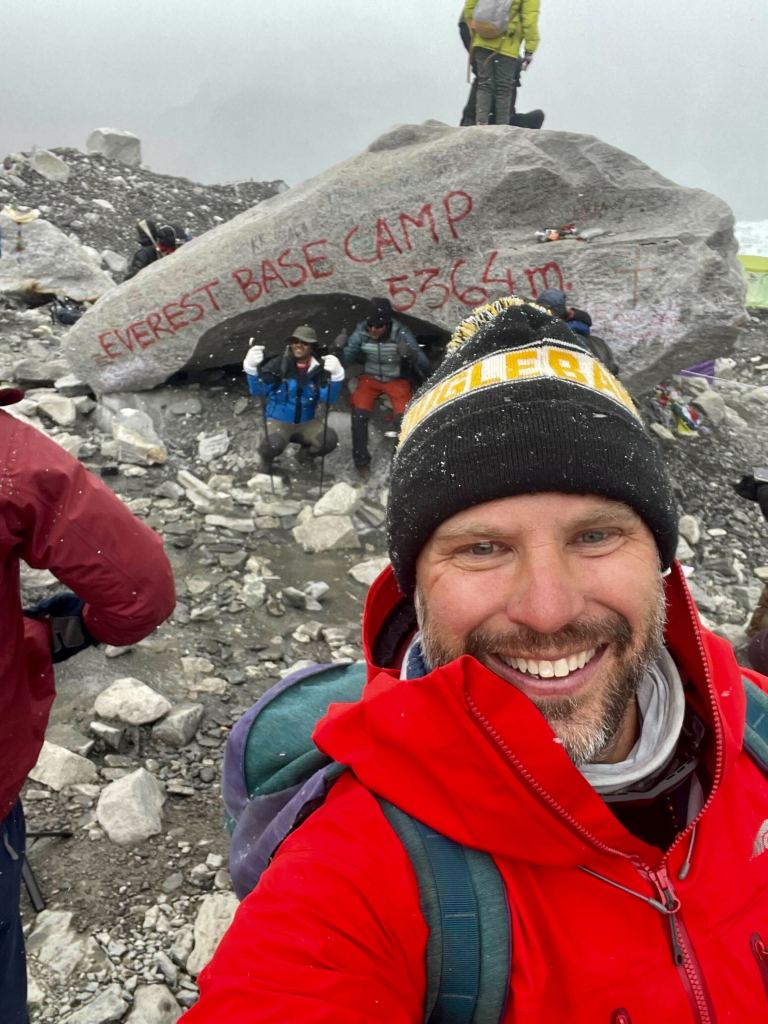
“It’s in the old Facebook office, so it has a great heritage. While it might sound counterintuitive to invest in new offices, and we do embrace hybrid work, we believe there is value in bringing teams together in person. Things like learning and coaching and complex problem solving are better-achieved face-to-face, and it’s satisfying to have a collective sense of success.”
Global expansion
In 2020, ReadyTech won a three-year, $9-million tender with Her Majesty’s Courts and Tribunals Service (HMCTS) in the UK, the executive agency of the Ministry of Justice in England and Wales. ReadyTech rolled out its court management software across the judiciary, the largest common-law system in the world.
ReadyTech was essentially replacing a paper-based process to provide greater certainty around the listing and scheduling process and to improve service standards across its 500 courts and tribunals and 121 prisons.
Their international expansion will focus on Commonwealth nations, as its products are most transferable to similar judicial and education systems.
Neurodiversity
ReadyTech has a neurodiverse workforce, with around 10% of its team having a condition such as dyslexia or autism. Its diversity journey began 12 years ago when ReadyTech hired a receptionist with a learning disability.
“We firstly noted the incredible joy and purpose that was derived from the individual – and who is still with us – as well as the positive impact it had on our culture,” says Washbourne.
“Our software is designed to help people achieve their potential by securing employment, and we feel as an employer that having meaningful work goes a long way to a person’s well-being. It is important to me that we provide such opportunities.”
Seven years ago, ReadyTech partnered with an employment agency to employ in-house baristas with learning disabilities at all its offices.
When it comes to recruiting staff, ReadyTech focuses on potential rather than experience.
“The neurodiverse possess some incredible strengths and attributes,” says Washbourne. “Some may be hyperfocused and highly analytical. There may be other areas where you need to adapt learning and communication styles. Hiring practices need to accommodate differences. You need to be intentional if you would like to recruit from a wide pool of candidates.”
Physical challenge
Every year, Washbourne sets himself a physical challenge and links it to a charitable cause. Last year he did a 36-hour hike for Oxfam, and this year it was a week-long trek to Mount Everest base camp. Washbourne will raise money for the Australian Pancreatic Cancer Foundation, Pankind.
“Ten years ago, my wife Kristin was diagnosed with pancreatic cancer. Survival rates are extremely low, and we had two little kids. We are incredibly fortunate that she did survive and has been cancer-free for ten years. Raising funds for Pankind will go towards researching a cure, which would give more people a chance of survival.”
Forbes Australia Issue Five is out now. Tap here to secure your copy and membership.
